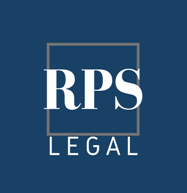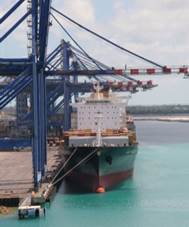The imports and exports in the Netherlands represent important activities for the financial sector. About 30% of the total income of the country derives from this sector.
The Export Credit Insurance for the Netherlands
The foreign transactions of any company in the Netherlands that exports goods can be insured against the risk of failing payments. This type of warranty is named Export Credit Insurance (ECI).
In general, ECI is used for exports in countries outside the EU. However, there are certain cases, like very large transactions or exports in dangerous countries, when ECI can’t cover the losses.
In some cases, in order to lower the export risks, the bank where the insurance was made (or the exporting company from the Netherlands) can request to sign ECI with the Dutch State. Thus, in the case of some damages or if the buyer will not pay, the insured exporter or the bank will receive the money from the Dutch State.
The Ministry of Finance and the Ministry of Economic Affairs, Agriculture and Innovation have the responsibility for ECI and Atradius Dutch State Business administer the inssurance.
Trade taxes in the Netherlands
The goods imported from a non-EU country into Netherlands are taxable at the Dutch custom, with sums depending on the country of origin and the type of product.
In some cases, import taxes have the role to protect the Dutch agriculture, manufacturers and industries from cheaper products made in foreign countries. For agricultural products, some import taxes protect the farmers from the European Union countries.
Import duties in the Netherlands
All the import duties (taxes that are destined for EU) are collected by specialist at the customs. The Dutch state keeps a part of the money from taxes to cover the cost of collection and the rest will go to EU institutions.
The category of import duties in the Netherlands includes customs duties (for goods made in countries outside of EU), taxes like the one for anti-dumping and taxes regarding the agricultural policy of EU.
There is a category of goods made in developing countries, which may be object of a smaller rate or even free of tax. The details in this matter are included in the Generalised System of Preferences (GSP). In order to pay a smaller rate or zero tax, the importer will present proof of origin, such as invoice declaration or a certificate.
Depending on the product, certification requirements for the use of the Conformité Européenne (CE) are different. In some cases, the manufacturer or importer (if the product was made in a non-EU country) may itself certify concordant to EU requirements.
If you are thinking or launching a trading business in the Netherlands, you should know that obtaining the EORI number is an important requirement. VAT registration in Netherlands is a step that can be simplified when workign with our lawyers.
For more information about importing and exporting taxes in the Netherlands or how to open a company in Netherlands please contact our law firm in the Netherlands.

